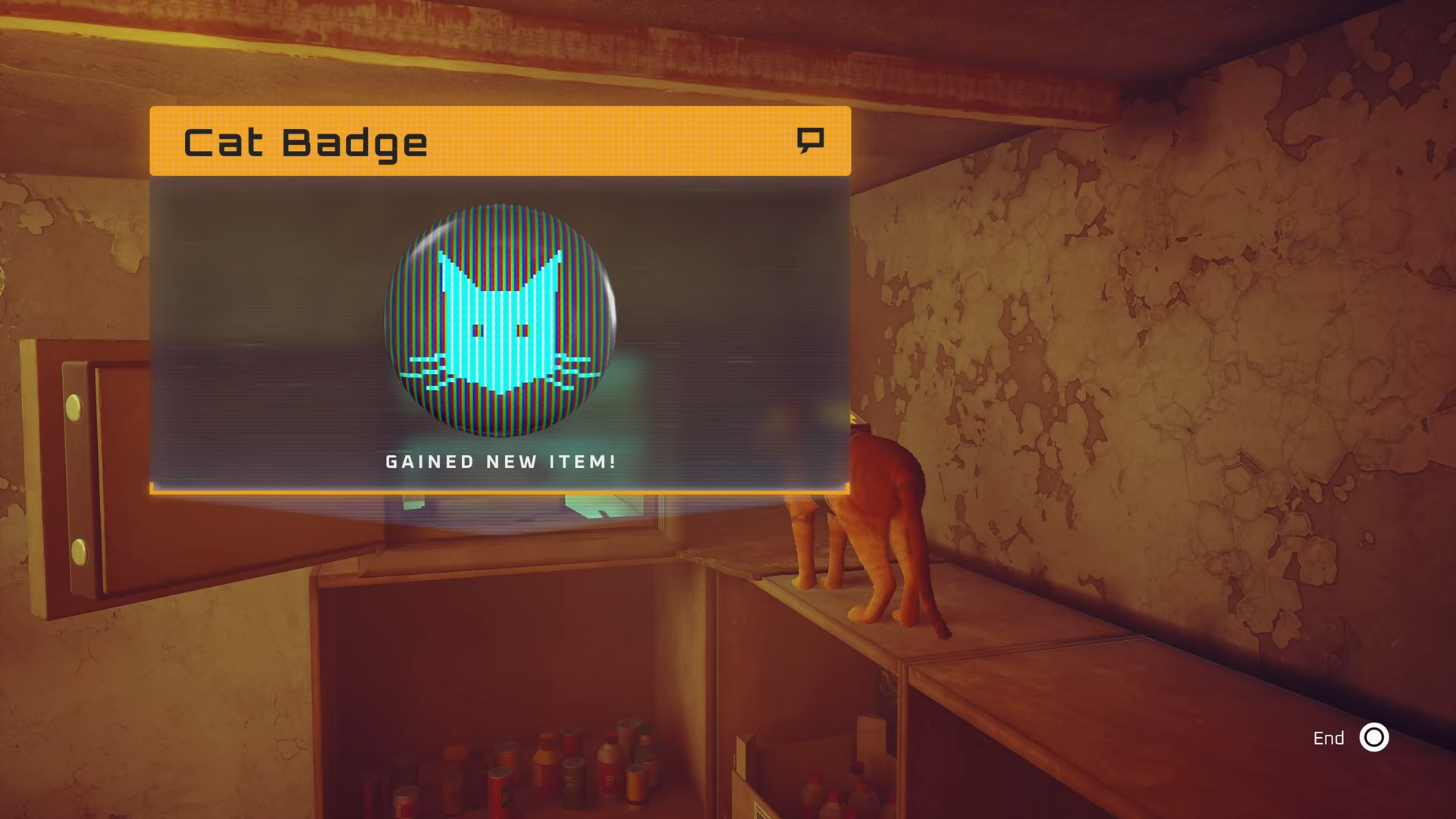Tired of your hired help not pulling their weight?
Basics and Mechanics
Ah, the mercenaries. Despite being Cursed Kings’ defining feature, they… could have used a bit of polish. Let’s be real, they kinda suck. On an average day, the poor things act like suicidal maniacs, since pretty much the entirety of their AI is to run towards the nearest enemy and attack. That said, it is possible to get a surprising amount of utility out of them. But before we discuss ways to build up your buddy bots, let’s clarify how they work.
You get three of them, unlocking at levels 10, 20, and 30. You can recruit retired characters for the standard cost plus the cost of all that character’s equipped gear, or you can hire random nobodies who start with empty packs and a dream. A dream of leaping down a dragon’s throat.
Now, in terms of mechanics, you can very loosely control your new allies by setting their combat stance. You can click a party member’s nameplate to shift their stance between aggressive (red lightning), defensive (gold shield), and support (blue heart).
The aggressive stance is default and behaves pretty much how you’d expect. They run up to the nearest critter and start swinging till somebody stops moving. This is almost always the best stance for a mercenary.
Defensive stance is… useless. As Fate lacks any sort of taunting effect, defensive stance results in your mercenary simply rushing forward and… not attacking. There is no use case where attack mode is not preferable, even hyper-defensive or damage reflection builds may as well attack while they’re at it.
Support stance is a bit more complicated. In this stance, your mercs will attempt to stick closer to you, though they will still attack nearby enemies (they just don’t hound critters to the edge of your screen). More critically, this allows your bots to cast defensive spells. Sometimes.
The thing is, mercenaries are terrible spellcasters. They will periodically cast one of their learned spells at random, showing a slight preference for their actively selected spell. In aggressive/defensive stance, they will choose from their attack and charm spells. In support stance, they will ALSO cast defensive spells, in practice further diluting their spell pool. They will NOT prioritize casting buffs, healing, or any other supportive action unless that is literally the only spell they have. Luckily, there is some mercy to the randomness in that a mercenary will not recast a spell that is already active. But overall, you can generally trust a merc to toss out their worst spell at the least opportune time.
Further kneecapping the potential of caster mercs is the fact that they appear to have a hard set cooldown between spell casts, even with heavily buffed casting speed and mana regen. So you can’t “trick” them into simply spamming their spells out so fast the random selection doesn’t matter. Ultimately, mercenaries simply will not fill a caster role effectively, neither offensive nor supportive.
What they’re good for
So, throw out your ideas of creating a balanced party, with each member filling a dedicated role. Mercs can’t tank, can’t really cast, and are suicidally aggressive melee fighters. What Mercs can do, and indeed do terrifyingly well… is shoot.
By far the most useful setup for mercenaries is to build them as glass cannon rangers. Their AI will not rush forward on account of already being in range to attack, and their accuracy is… well… that of an aimbot. Three well-kitted archer mercs can level a room before a human player can even assess what spawned, but squeezing that sort of performance out of your little murderbots can take a bit of grinding.
The actual build
First off, prioritize strength to increase damage output, bumping up dexterity as needed to keep up with equipment requirements. For skills, bow skill is your number one priority. Critical strike can be very tempting, but gearing around crit will be quite tricky.
So when recruiting, look for recruits with high strength and dexterity, points in bow skill, and maybe points in critical strike. Literally nothing else matters, most notably the mercenaries’ race. Mercs do not get the same racial bonuses player characters do, meaning their race is purely an aesthetic consideration. Also, note that unlike all other shops which require a save and reload to reset their stock, the mercs for hire are cycled every time you open the recruiting menu, meaning that scouting for your ideal lads (or ladies, I know you hired an imp harem, don’t lie) is a painless process.
Now, the equipment. Your most effective strategy is to build for attack speed, which is luckily very easy, even in the early game. Simply try to keep their bows up to date to keep their damage high, but feel free to let their armor values, and even their enchants fall away in favor of SLOTS. A set of trash gear slotted with 12-15 superior jades (which can be bought from a magic vendor within 5-10 minutes of saving and reloading) will give a 200+% attack speed bonus, turning whatever bow or crossbow your mercenary is using into a minigun. Once you can no longer discern individual arrows anymore, and you just have a solid white line stretching from your merc to their victim, you can begin fishing for other beneficial enchants, perhaps most notably knockback. Even a small amount of knockback will hammer enemies back into a corner due to the sheer fire rate, and will greatly help in tight corridors where the range advantage would otherwise be lost, putting your glass cannons in danger.
With firerate and knockback secured, feel free to start expanding into damage increases and bulking up your mercs’ defenses a bit. However, with three rangers to equip, it can be a good idea to specialize their builds a little, perhaps building one for raw DPS, one for crit, and one for heavy knockback to help spread gear drops out a little bit.
However, maintaining attack speed will always be the highest priority. It is worth noting that attack speed has no cap, and your aimbots can click as fast as your framerate, so seriously, just keep stacking speed. It only gets funnier.
Further enhancing your murder bots
Now, this is all well and good. We have mercenaries who can contribute meaningfully to a fight and don’t rush forth unto Valhalla at the drop of a hat anymore. But we can always do better. And that’s by dropping in a dash of magic.
Yes, mercenaries make terrible casters. But by providing them a small and carefully curated selection of spells, we can increase their performance a bit further. So, when choosing spells, we need to keep a few factors in mind. First off, no defensive spells. As tempting as an AOE buff bot sounds, they simply do not work reliably. So we are limited to the attack and charm schools, and we also want spells that do not require any investment into either the magic stat or any of the casting skills, so we can invest everything into physical stats and bow skill.
Luckily, the basic debuff spells (slow, frailty, web) only scale their duration, and not the strength of their effect. The same is true of summoning spells. I recommend giving each merc the highest level summon spell they can cast on recruitment, then giving one merc slow, one frailty, and the third either frailty or web, depending on which you find preferable. Your mercs will now fairly reliably crowd control and strip defenses on their own, allowing them to melt through even the bulkiest of bosses in safety.
But why two spells, if the biggest problem with merc casters is them not reliably casting spells? Don’t you want to force them to cast the debuff by having it as the only spell they know? Well, if you recall earlier in this guide, I briefly mentioned that mercenaries will not re-cast an active spell. While this means that a given mercenary will only summon a single monster, it also means that we can safely give a mercenary a summoning spell, as once it is cast, their AI will then be forced to cast the debuff spell exclusively for 60 seconds until the summon despawns. And even a very low-level summon can distract enemies for crucial seconds while your archers line up their shots. In fact, there is an argument to be made for always giving your archers the basic summon rat spell, as its low cost and triple summon can produce a very effective meat wall between your squishy archers and their foes by literally flooding the approach with adorable, squeaking roadblocks.
Summary
And that’s how you make mercenaries useful: Archery, firerate+knockback, debuff spells, vermintide rat summons.
As for your character? Well, I would strongly advise against playing as a fourth archer; the competition for gear will already be painful enough. A build I’ve found works remarkably well is a pure defensive mage, focusing on buffs (dervish + firerate = fun) and protecting your allies via ringing blast’s insane knockback. But that’s a whole different guide.
For those who have actually read through this whole text wall, I hope you found a little inspiration and a reason to give this forgotten gem another spin.



